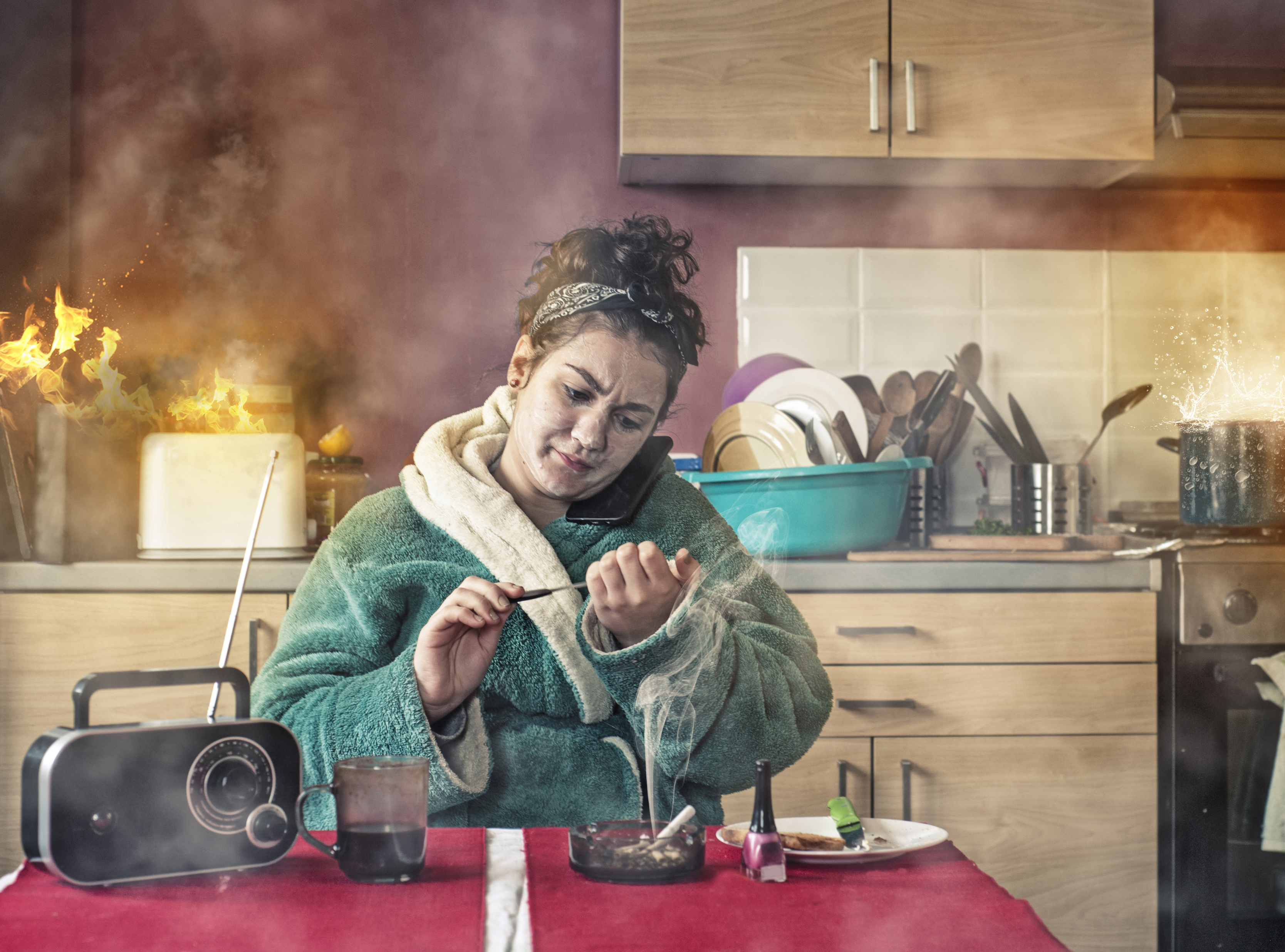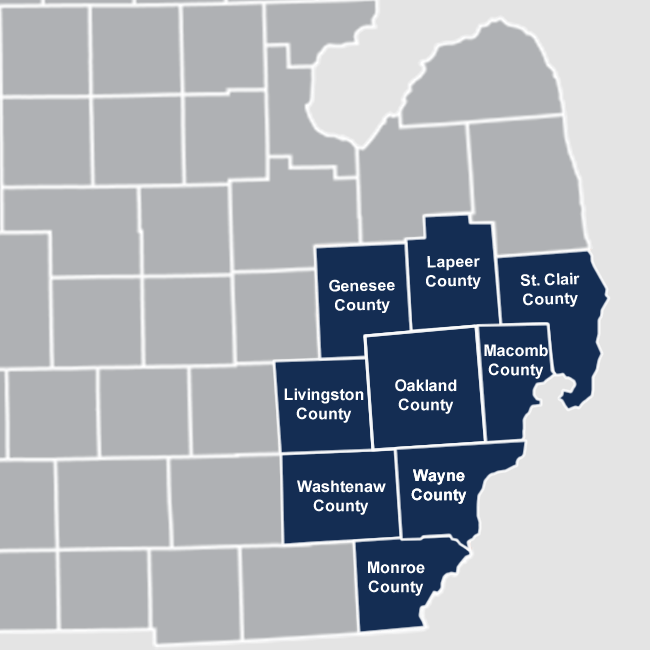#1 CAUSE OF HOUSE FIRE—COOKING!

What you should know about house fire and your homeowners fire insurance coverage
Cooking is the #1 cause of house fires according to the National Fire Protection Association. Kitchen fire damage can be devastating— even worse, finding out that the home fire section of your homeowner’s policy does not fully cover your losses.
If you’ve experienced a minor kitchen fire or even a major home fire destroying your entire home— make sure you have adequate home fire insurance coverage to repair or replace destroyed property. After a fire is not the time to find out that your policy is incomplete. Here are some things to consider when buying or updating your policy:
- Get the right home insurance coverage for your needs
- Know the value of your home and possessions
- Purchase replacement cost instead of actual cash value
- Ask your insurance agent about guaranteed replacement cost for your home structure
- Make sure your disaster living expenses are accounted for
Putting the right policy in place to make sure your home fire insurance coverage limits can cover you in the event of a total loss is important and by following these simple tips you will be closer to the coverage you deserve. You may want to visit FreeAdvice.com to understand your home insurance options.
Advance Restoration is a disaster restoration company devoted to fully restoring clients facing house fire damage including smoke & soot damage and content restoration. We want you to stay safe and believe it’s important to have a plan in place so that when fires flare up, you and your family know what to do—download a free fire Escape-Planning_Guide provided by the National Fire Protection Association. Stay safe.














